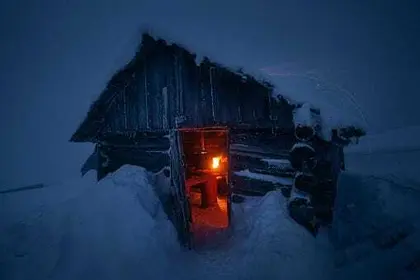President Zelensky was in Washington this week to ask Congress for support.
It is right to stand by Ukraine in this war. It is a situation of unusual moral simplicity.
JOIN US ON TELEGRAM
Follow our coverage of the war on the @Kyivpost_official.
Ukraine was attacked in violation of international law and is defending itself.
Russian occupiers in Ukraine commit war crimes, which cease only when territory is liberated.
Russian propagandists say the goal of the elimination of the Ukrainian nation as such.
And America has done well by supporting Ukraine. It is a situation of unusual strategic gain.
Ukrainians are fulfilling the entire NATO mission by themselves, absorbing and halting a full-scale Russian attack.
Ukrainians are deterring a Chinese offensive in the Pacific by demonstrating how difficult such an operation would be.
Ukrainians are defending the notion of an international order with rules, making war elsewhere less likely.
And there is an important way that doing right and doing well come together.
Ukraine was attacked as a democracy and is defending itself as a democracy. It is historically unusual for a dictatorship to try to destroy a democracy by force.
That Putin's Russia is trying to do so reminds us that we are a historical turning point. On one side of the scale are Russia's ruthlessness and resources. On the other side are Ukrainians' sacrifice and our support. Their sacrifice will be enough, if our assistance will be enough.

Zelensky’s Top General Syrsky Admits Ukraine’s Army Faces Challenges – But Says Fixes Are Coming
Historians will look back at these two years of war and marvel at how much the Ukrainians did for their allies. I expect they will describe this turning point for what it was, including in its moral dimension.
What I can't predict is which way matters will turn, since that depends upon us, and what we do in the next few days. We have an unusual chance to do well by doing right. Will we take it?
Timothy Snyder is an American historian and widely acclaimed author and lecturer specializing in the history of Central and Eastern Europe, the Soviet Union, Ukraine, and the Holocaust. He is the Richard C. Levin Professor of History at Yale University and a permanent fellow at the Institute for Human Sciences in Vienna.
Reprinted from the author’s blog: Thinking About. See the original here.
The views expressed are the author’s and not necessarily of Kyiv Post.
You can also highlight the text and press Ctrl + Enter










